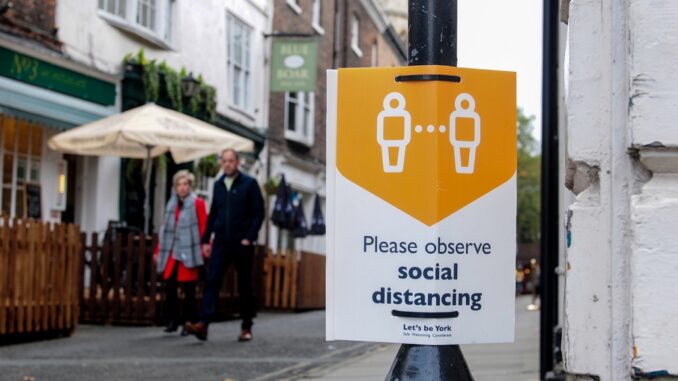
In countries around the world, federal or central authorities have played a leading role in the public sector’s response to the COVID-19 pandemic. However, this doesn’t mean that there is no place for subnational governments in the fight against the pandemic. In fact, local governments have historically played an important role in the containment of infectious diseases. Similarly, there is growing evidence that subnational governments are contributing to the national efforts to contain the economic and social impact of the current pandemic.
As highlighted in a recent paper by Serdar Yilmaz and Jamie Boex (2021), subnational governments are a critical part of the coronavirus response in many countries. Although the exact role of subnational governments varies from country to country, as the government level closest to the people, local authorities generally provide support to national efforts in four areas to contain the adverse effects of the pandemic by:
- Increasing the level of emergency and curative local public health service delivery;
- Preventing transmission (e.g., by promoting and enforcing social distancing measures) and conducting epidemiological investigations and tracking;
- Mitigating the impact of the pandemic on other local public services (such as local education and local water and sanitation services); and
- Supporting social and economic relief activities to those whose livelihoods were effected by the pandemic.
In countries where an effective intergovernmental response is deployed, there are considerable gains in the fight against the pandemic. However, there are two factors that determine the success of an all-of-government response. First and foremost, there needs to be a strong central-local government coordination. Another important factor is the institutional capacity of local governments themselves.
Preliminary evidence from Indonesia, Nepal and Vietnam suggests that there is a strong correlation between local governments’ institutional capacity and the effectiveness of COVID-19 response. In places where local governments have relatively strong institutional capacity, local response has been more effective in containing the pandemic.
Perhaps the most universal impact of the pandemic on local governance is simply the public recognition that local governments exist and that local administration matters. Despite the global nature of the pandemic, detailed maps tracking the impact of the pandemic in most countries have shown that the local impact of the pandemic varies from one locality to the next, highlighting that the response to the pandemic needs to be tailored in an evidence-based and localized manner.
Hopefully the lesson that the local public sector is critical in delivering public services in an evidence-based, targeted and responsive manner won’t be forgotten as countries look towards their post-pandemic rebuilding efforts.
Access the full article published in Development in Practice:
Serdar Yilmaz and Jamie Boex. 2021. Unleashing the potential of local governments in pandemic response. Development in Practice. https://doi.org/10.1080/09614524.2021.1937562





